Skin Tags
If you're seeking effective solutions for managing or removing skin tags, contact one of Westerville Dermatology's skin specialists to address your concerns and enhance your skin's appearance. The health of your skin is our top priority.
Examples of Skin Tags
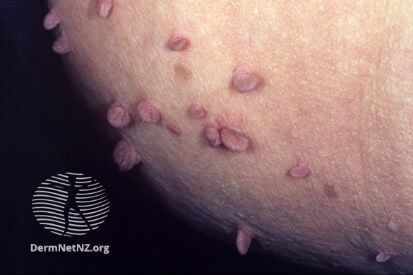
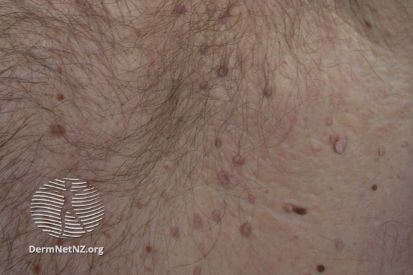
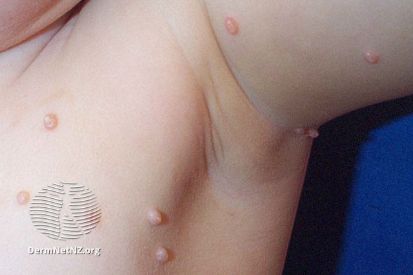
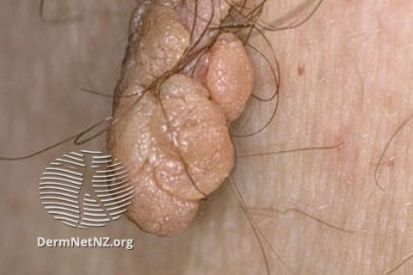
What are the Symptoms of Skin Tags?
- Small, soft, flesh-colored, or slightly darker growths that hang off the skin by a thin stalk.
- Most skin tags are painless and don't cause any symptoms.
Causes of Skin Tags
- Skin-to-skin or skin-to-clothing friction.
- More prevalent in middle-aged and older individuals but can occur at any age.
- There may be a genetic predisposition to developing skin tags.
- Excess body weight can contribute to the development of skin tags, especially in areas where skin rubs against itself.
- Fluctuations in hormones, such as during pregnancy or in individuals with conditions like diabetes.
How to Prevent Skin Tags
Preventing skin tags involves adopting practices to minimize contributing factors associated with their development. Maintaining a healthy weight through a balanced diet and regular exercise can reduce the likelihood of skin tags, as obesity is a known risk factor.
To prevent friction, especially in areas prone to skin tags, opt for loose-fitting clothing and be mindful of accessories that may cause rubbing or irritation. Good hygiene practices, including keeping the skin clean and dry, can also contribute to preventing skin tags by minimizing irritation..
Regular skin checks are recommended to identify and address any new growths or changes promptly, facilitating effective management. It's important to note that skin tags are easily removable if desired.
Skin Tags FAQs
Generally, skin tags are painless, but they can become irritated or catch on clothing, causing minor discomfort. Dermatologists can remove them if they become bothersome.
It's safer to have skin tags removed by a dermatologist. Attempting removal at home can lead to infection or scarring.
Dermatologists can diagnose skin tags through a visual examination. If you notice changes in a skin tag's appearance, experience pain, or are uncertain about a growth, it's advisable to consult a dermatologist.
Skin tags don't need to be removed for health reasons, but they can be removed if they cause discomfort or for cosmetic reasons. Dermatologists may use methods like cutting, freezing, or cauterization for safe removal.
Skin tags are typically harmless and not indicative of an underlying health issue. While they may grow back after removal, dermatologists can effectively address them.
How to Treat Skin Tags
- Excision: Dermatologists may cut off skin tags using surgical scissors or a scalpel after numbing the area with a local anesthetic.
- Cauterization: This involves burning off the skin tag using electrical current (electrosurgery) or a high-frequency laser.
- Cryotherapy: Freezing the skin tag with liquid nitrogen, causing it to fall off over time.
Featured Blogs
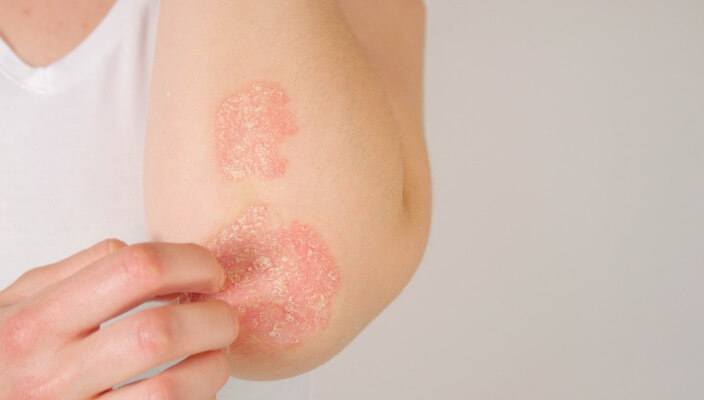
- General Dermatology
- Chronic Skin Conditions
For the most part, psoriasis is managed with periodic dermatologic checkups and a lot of good home care. Because of its unique biological components, though, psoriasis may bring up additional reasons to call your dermatologist.
Read More
- General Dermatology
- Skin Care
- Chronic Skin Conditions
Hormonal acne can be a pesky skin problem for many. The only way to address this is by finding a hormonal acne treatment that works for you and your unique skin.
Read More
- Skin Cancer
- General Dermatology
- Chronic Skin Conditions
Learn more about the most common types of skin lesions we see at Westerville Dermatology and how our dermatologists remove them.
Read MoreFeatured Products

CLn BodyWash
CLn BodyWash is designed for infection- and eczema-prone skin. It is an effective cleanser that is tough on the microbes but gentle on skin. Designed for skin prone to infection, irritation, dermatitis, redness, folliculitis, acne, eczema and compromised skin. 12 fl oz / 354 mL
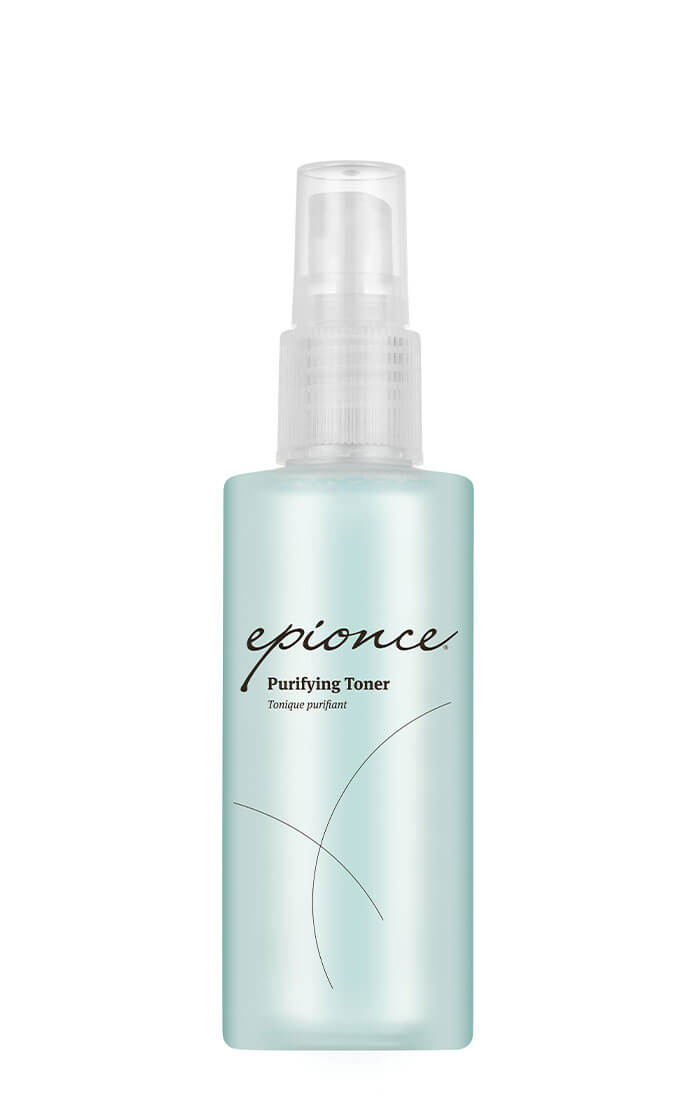
Epionce Purifying Toner
Purifying Toner helps remove traces of dirt, oil and makeup. Botanical ingredients reduce surface shine while helping control factors that can lead to the visible appearance of problem or irritated skin. Set at optimal pH.
